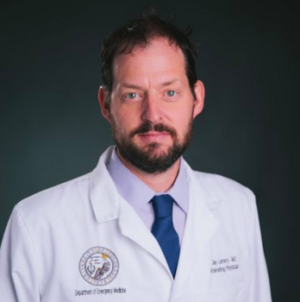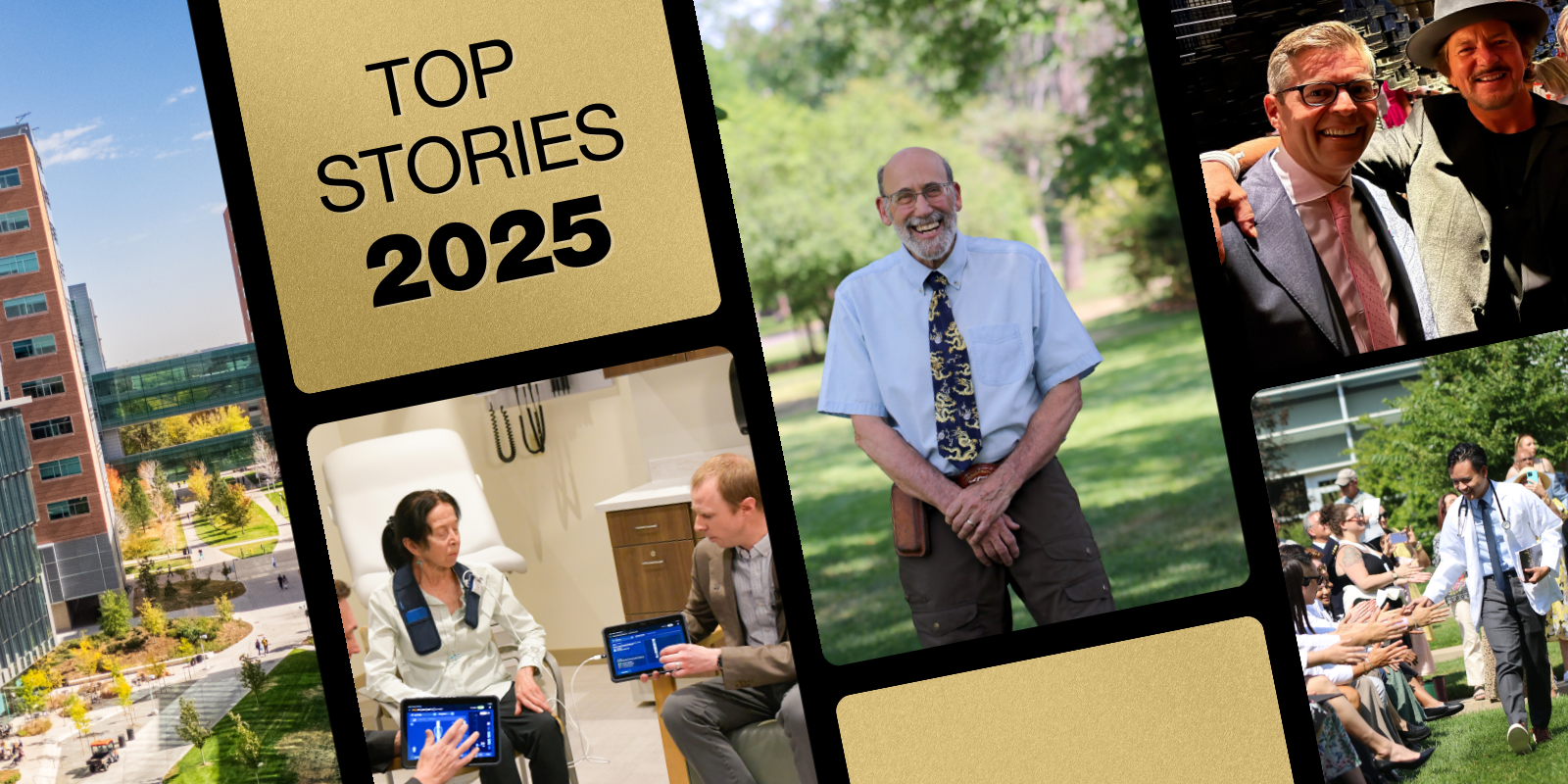The impacts of climate change on human health are among the most profound and far-reaching issues in health care. Global ecosystems are under such stress that the effects of climate change on human health grow more widespread and damaging by the day.
For clinicians on the front lines of this planet’s defining issue, it can be challenging to synthesize day-to-day patient care with the interplay between public health, earth science, energy policy, geopolitics, and legislation.
A new diploma program in the University of Colorado School of Medicine Climate & Health Program will train clinicians to advocate for climate-resilient policies, credibly address environmental justice issues, and lead health care systems in decarbonization and resiliency.
The Diploma in Climate Medicine will welcome its first cohort at the end of September, training clinician participants over a two-year, five-certificate diploma course in sustainable hospital systems, disaster response and recovery, community resilience, foundations in climate medicine, and global challenges.
“We think that there’s a real value proposition in establishing this diploma program at an academic medical center,” says Jay Lemery, MD, co-director of the CU Climate & Health Program and a professor of emergency medicine in the CU School of Medicine. “We’re in a position to partner with hospital systems, NGOs, legislators, researchers, policy-makers. The truth is, none of us have been trained to think about climate and health, so we asked what that training and what those credentials would look like.”
Designing a comprehensive, hands-on program
The diploma program, which is open to physicians, nurses, pharmacists, and other clinicians, was developed over many years and with broad-ranging input from new and longstanding partners of the Climate & Health Program.
“We started asking, ‘What does a program like this look like? How do we scale up a climate-savvy workforce?’” Lemery says. “We aimed to build a heavyweight credential that would position clinicians to be leaders in climate health.”
Lemery and his colleagues limited the initial cohort to 20 participants so that the in-person, hybrid, and virtual learning experiences will be personal and hands-on. Five week-long, in-person units will see clinicians diving deep into issues impacting and directing climate health.
In the first unit, they will work with scientists at the National Center for Atmospheric Research (NCAR) in Boulder “which will give them a 360-degree perspective on where the science comes from, how we translate earth science into our understanding of weather, and from that we begin to talk about the impacts of extreme weather events on human health,” Lemery says.
That same week, participants will spend two days at Rocky Mountain National Park to meet with a ranger who will discuss climate degradation on otherwise pristine ecosystems.
In other units, participants will visit Disaster City at Texas A&M University, a manmade environment that can be used to simulate disaster scenarios and how extreme weather events cause or exacerbate them. They also will partner with the organization Health Care Without Harm for a deep dive into hospital system sustainability and resiliency.
The Diploma in Climate Medicine also includes coursework, lectures, and discussions that will provide a foundation and framework for what participants will learn and experience during the five in-person units.
Advocates, leaders, and organizers
While the diploma program is designed for clinicians, “it’s for anyone in health care who’s interested and has a statement of interest that lets know they would be a valuable contributor,” Lemery says.
Participants who represent a broad spectrum of health care will contribute an important diversity of perspectives to the diploma program, “which is important because it’s addressing one of the most important health care crises of the next century,” Lemery says. “It’s vital that we scale up the health care workforce who are credible leaders in our communities, our organizations, in our society.”
Through participation in the diploma program, participants will be better positioned as community organizers, advocates, expert witnesses, and as leaders.
“We want our diplomats to be able to raise their hands for any of these opportunities to address various aspects of climate health and be the credible person saying, ‘I know how to run that, I can do that,’” Lemery says. “It’s not only about raising your hands, but also about raising your fists as well. We want diplomats to be able to stand toe-to-toe with CEOs, with government and business leaders, and be the ones guiding informed decisions on policy, guiding the biggest decisions we can make.”




